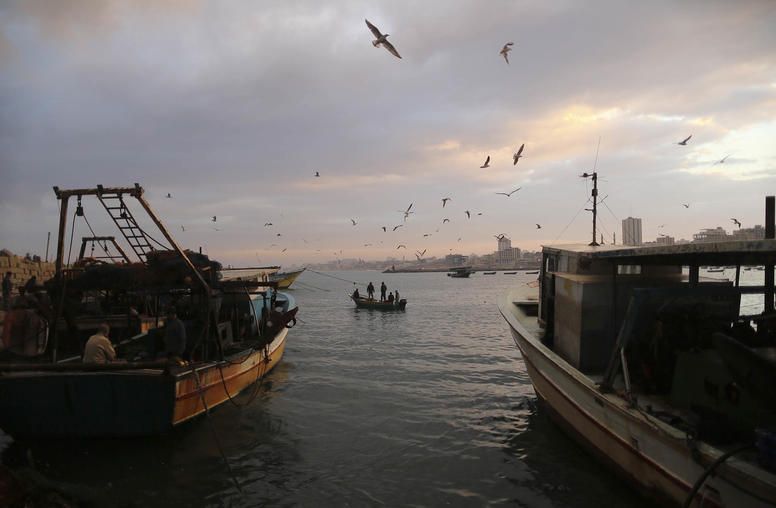Egypt's "Winds of Change"
USIP's Abiodun Williams reflects on Hosni Mubarak's departure and the remarkable events in Egypt.
February 14, 2011
 USIP's Abiodun Williams reflects on Hosni Mubarak's departure and the remarkable events in Egypt.
USIP's Abiodun Williams reflects on Hosni Mubarak's departure and the remarkable events in Egypt.
- As someone who has worked all around the world, at the United Nations, now at the U.S. Institute of Peace, what thoughts come to mind as you watch today's stunning events?
- In terms of preventing conflict in the days ahead in Egypt, what are some of the lessons learned over the years that might be instructive to avoid violence in this transitional period.
As someone who has worked all around the world, at the United Nations, now at the U.S. Institute of Peace, what thoughts come to mind as you watch today's stunning events?
The revolution on the banks of the Nile is a demonstration of a fundamental human right – the right to live in freedom and dignity. It is a powerful reminder that freedom is not a gift but must be won by those who would be free.
The historic change brought about by the Egyptian people is also remarkable in the way it was achieved – through peaceful means. Egyptians have behaved in a way that has caught the imagination of people not only in the Middle East but around the world. The dramatic events which led to the departure of President Mubarak could have been a lot worse.
All nations evolve based on their own historical struggles and experiences. The challenge is for a nation not to be imprisoned by its history but to forge ahead to a future that is better for all its people. So the people of Egypt cannot allow themselves to be captives of the past, and they would need to bury the ghosts of the past.
To take advantage of these winds of change, the people must be the political center of gravity. Egypt needs to establish the political, economic and social conditions in which democracy, good governance, and the rule of law can prevail. Egyptians deserve what the United Nations Charter calls for - social progress and better standards of life in larger freedom. Establishing the rule of law is of paramount importance, for without it there can be no real civil society, a free and fair political system, and public confidence in the judiciary and the police.
In terms of preventing conflict in the days ahead in Egypt, what are some of the lessons learned over the years that might be instructive to avoid violence in this transitional period.
Egypt now stands at a critical juncture. Transitions are always difficult with uncertain consequences, and to move from authoritarianism to democracy is a hazardous process. It is also a complex task requiring determination and perseverance. Success does not come over night.
With the departure of President Mubarak, the possibility of violence has diminished significantly but the situation remains fragile. One of the important lessons we have learned is the importance of managing expectations. The management of expectations is critical in an atmosphere of euphoria. The real challenges and threats that lie ahead must not be minimized or ignored during the early days of “freedom.”
It is also essential to create rapidly a forum, framework or mechanism that includes a broad section of society, particularly the youth. The military must not have the sole responsibility of defining a new agenda on their own. The remarkable achievement of the Egyptian people is a reminder that the hard task of building a democracy has only just begun.
Explore Further
- USIP Tracks the Unfolding Situation in Egypt
- Eye on Egypt and the Middle East
A Snapshot of USIP’s Work on Egypt - Track USIP's appearances in the news



